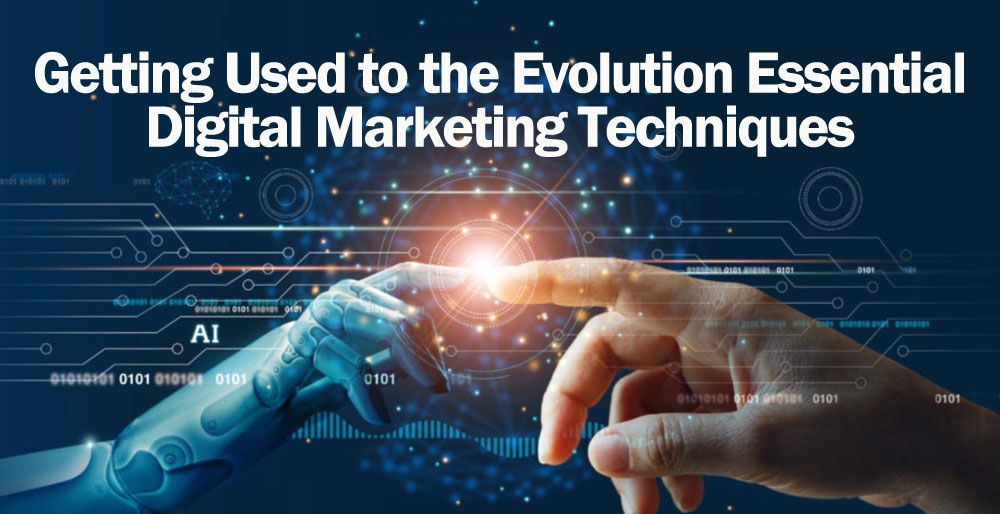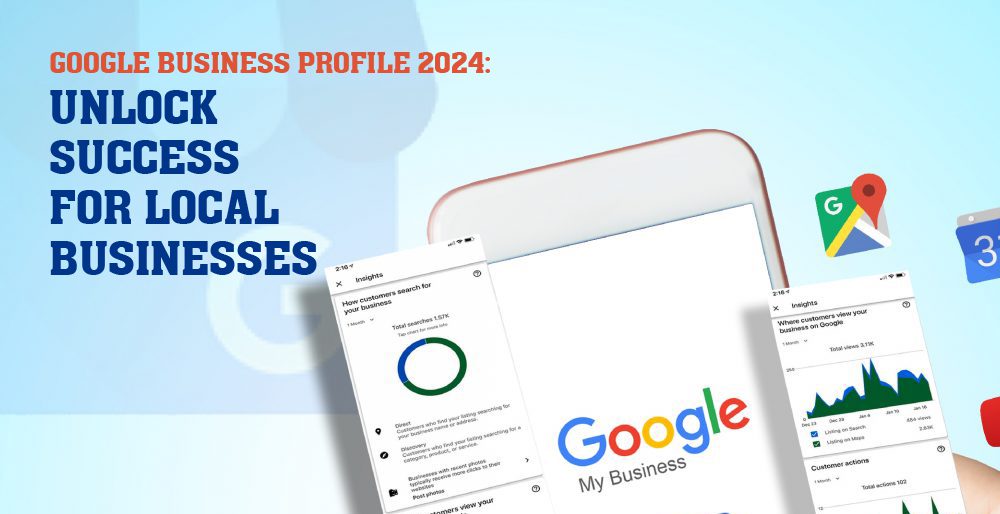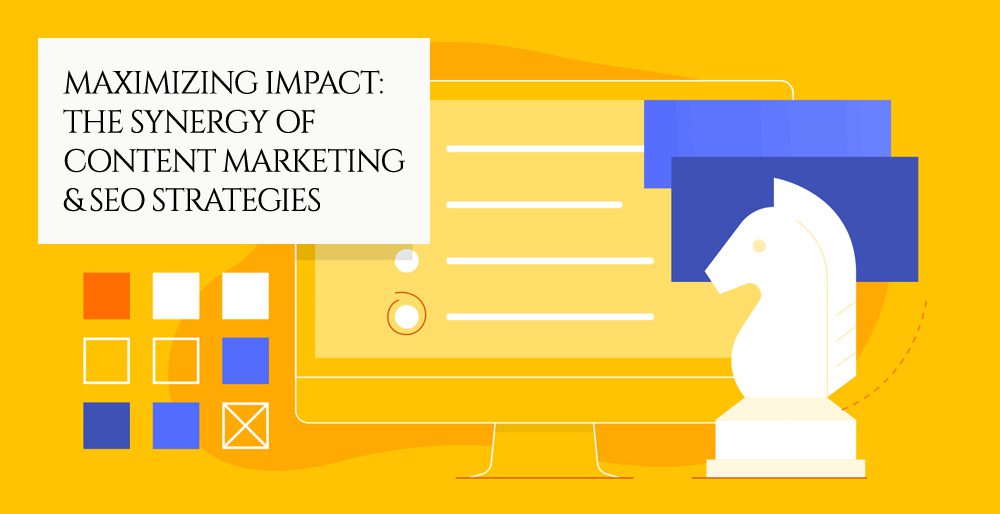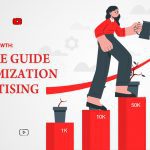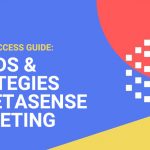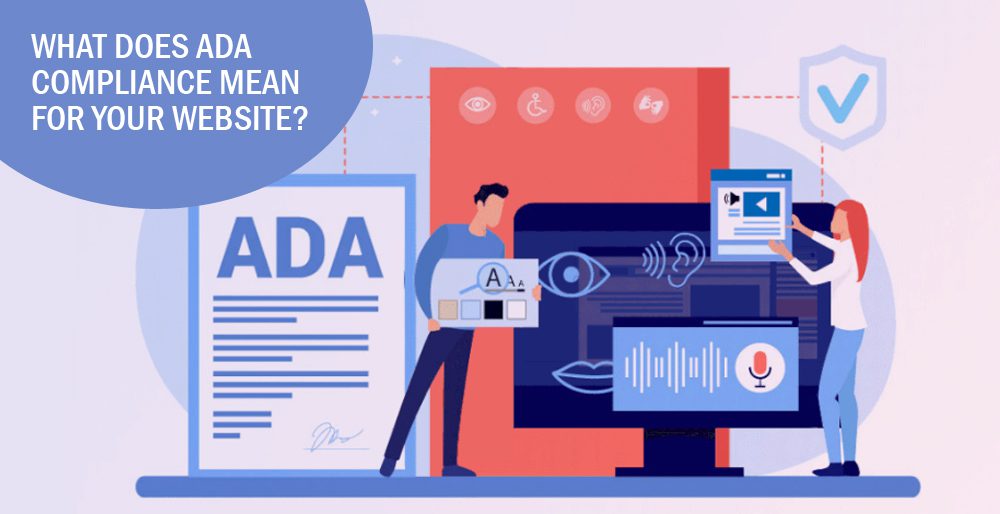
In the digital realm, ADA compliance is about making your business website accessible to people with disabilities. It’s not only a matter of social responsibility, but also a legal requirement for most businesses. By adhering to ADA compliance standards, you facilitate an inclusive digital environment that expands your audience reach and fosters customer trust.
Understanding ADA compliance and its implications for your business website is essential in today’s interconnected world. As you strive to make your site welcoming and accessible to all, you’ll find that embracing ADA compliance not only benefits your users but also enhances your brand’s reputation and long-term success.
What is an ADA Compliant Website?
The Americans with Disabilities Act (ADA) is a landmark civil rights law from 1990 that fights discrimination and opens up opportunities for people with varying abilities. In 2010, the Department of Justice (DOJ) introduced the ADA Standards for Accessible Design, which set the stage for digital accessibility by providing specific guidelines for organizations. Before we dive into how to build an ADA-compliant website, it’s crucial to understand that it’s not only the public or government websites that need to comply with the ADA.
Places that are required to be ADA-compliant include:
- Businesses under “public accommodations” category, such as movie theaters, retail stores, hotels, restaurants, banks, grocery stores, schools, gyms, healthcare providers (Title III of the ADA)
- Private employers with 15 or more full-time employees (Title I of the ADA)
- Internet and telephone service providers
- Government buildings, parks, and public transportation systems
- Businesses and organizations with an online presence

When it comes to websites, the Disabilities Act ADA Standards don’t actually provide any definite rules. Instead, they point to the Web Content Accessibility Guidelines (WCAG) – the gold standard for making the digital world more inclusive.
Risk of Business Lawsuits for ADA Non-Compliance
Failure to comply with ADA accessibility standards for your website exposes your business to the risk of lawsuits. Depending on the state, the costs of an ADA lawsuit can run into tens of thousands of dollars, including attorneys’ fees and forced compliance with the standards for accessible design. As many as 3,255 lawsuits were filed against non-compliant websites in 2022 alone.
In addition to the regulatory risks, not making your web content accessible also means losing out on customers and brand image. When users with disabilities are unable to navigate the website comfortably, they are more likely to move on to competitor sites. From an SEO perspective as well, ADA compliant websites achieve higher search rankings than the non-compliant ones.
Website Audit to Meet ADA Requirements
Getting a comprehensive digital accessibility audit periodically is a prudent way to ensure an ADA compliant website and minimize the risk of ADA lawsuits. The audit will utilize manual or automatic website testing to identify any concerns related to ADA standards. Common problems such as PDF files that visually impaired users may not be able to read with screen readers or absence of alt text for images can be quickly detected through an ADA site audit.
One of the best business practices is to include an accessibility statement on your business website, which outlines the ADA standards and demonstrates the commitment of the business to make websites accessible to people with disabilities. The periodic site audits can address any deviations from the accessibility statement and recommend remedial steps.
What are Web Content Accessibility Guidelines WCAG?
WCAG is a set of web accessibility guidelines created by the World Wide Web Consortium (W3C). These guidelines help web developers and designers create websites that are easy to understand and interact with. Whether you’re running a small blog or a massive online store, following WCAG means that you open your digital doors to the widest possible audience.
In some cases, it’s even required by law. For example, government websites and those receiving federal funding in the United States must adhere to these guidelines. WCAG is organized into four main principles, often referred to as “POUR”:
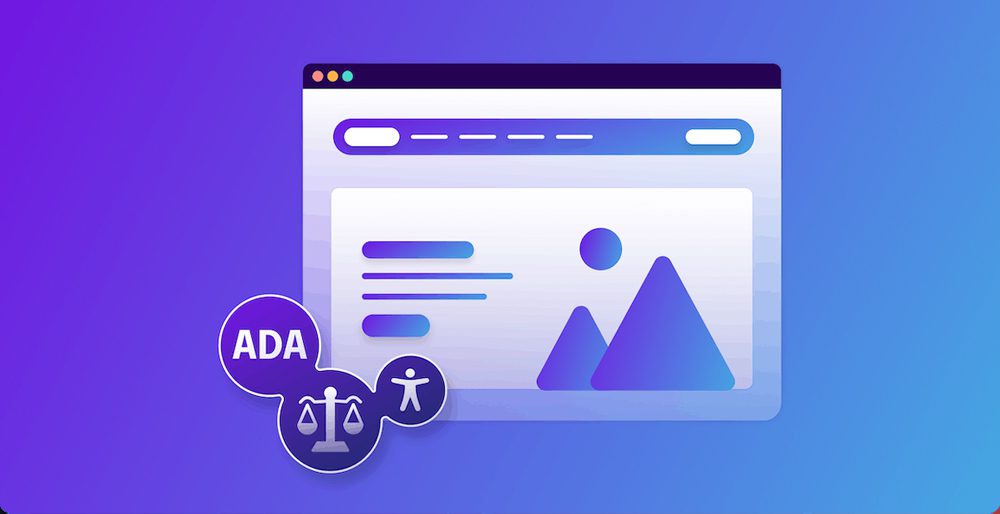
Perceivable: Everyone who visits your website should be able to perceive the information and elements on it like text, images, videos, and other content. This means adding captions to videos and using alternative text for images.
Operable: Make your website easy to navigate with a keyboard, mouse, and touch screen by creating a keyboard-friendly layout, giving clear instructions for forms, and avoiding timed actions that could be difficult for some users.
Understandable: Keep your web content accessible and easy to comprehend by using straightforward language, sticking to a consistent design, and offering clear error messages and feedback when users engage with the site.
Robust: Your website should work well across different browsers, devices, and assistive technologies. Focus on using clean, well-structured code and follow web development best practices to guarantee long-lasting accessibility.
Get a free business analysis and discover results-driven digital marketing strategies.
A MetaSense Marketing expert will take the time to learn about your business, then develop a custom marketing strategy tailored to your goals and within your budget.
MetaSense Marketing is a full-service digital marketing agency that takes pride in creating successful, comprehensive marketing strategies and is the only company in the world to offer the patented iMetaDex™ tool. We are an SEO agency based in New Jersey/Philadelphia, which takes the time to understand your business and create a complete business plan to accomplish your objectives. By working in partnership, we can help you accelerate your online growth and increase your return on investment in digital marketing. We help businesses create their online marketing journeys and fulfil their needs and demands.
Designing, building and implementing Award-Winning Digital Marketing Strategies.
Contact me directly at 856 873 9950 x 130
Or via email at : Support@MetaSenseMarketing.com
Check out our website, get on our list, and learn more about Digital Marketing and how MetaSense Marketing can help.
https://www.metasensemarketing.com
For more information and to schedule an appointment, CLICK HERE.
MetaSense Marketing Management Inc.
866-875-META (6382)
support@metasensemarketing.com




